Endocrinology and Hormones
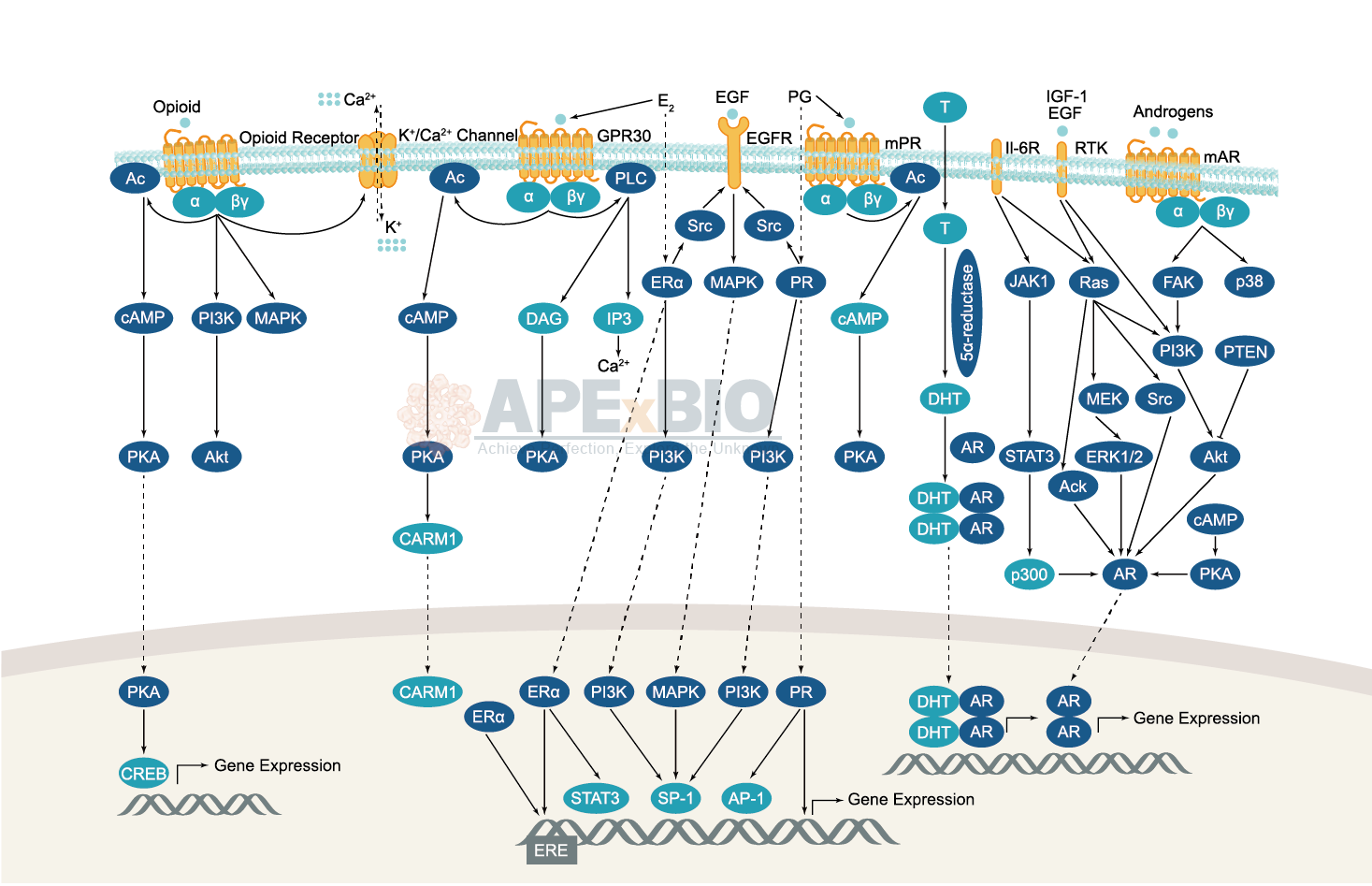

Endocrinology is the study of hormones, their receptors and intracellular signaling pathways, as well as the related diseases. The endocrine system functions can be broadly classified into several categories, including reproduction and sexual differentiation, development and growth, maintenance of the internal environment, and regulation of metabolism/nutrient supply.
There are three types of hormones based on their chemical composition: Amines (e.g. dopamine, adrenalin and noradrenalin); Steroids (e.g. estrogen, testosterone and glucocorticoids); Peptides (e.g. the peptide hormones insulin, ghrelin and vasopressin). Peptide hormones produced by secretory nervous tissue are known as neuropeptides. For example, thyroid hormone plays important parts in development, homeostasis and metabolism, while cortisol is essential for growth, nutrient supply and immune function. Moreover, the regulation of blood glucose involves several pancreatic peptide insulin and its counter regulatory hormone, glucagon, as well as cortisol, growth hormone and epinephrine.
Dysregulations in endocrine system are implicated in diseases such as Acromegaly, Cushing Syndrome, Diabetes, Dwarfism, Graves Disease, Hermaphroditism, Delayed and Precocious Puberty and Thyroid Diseases.
-
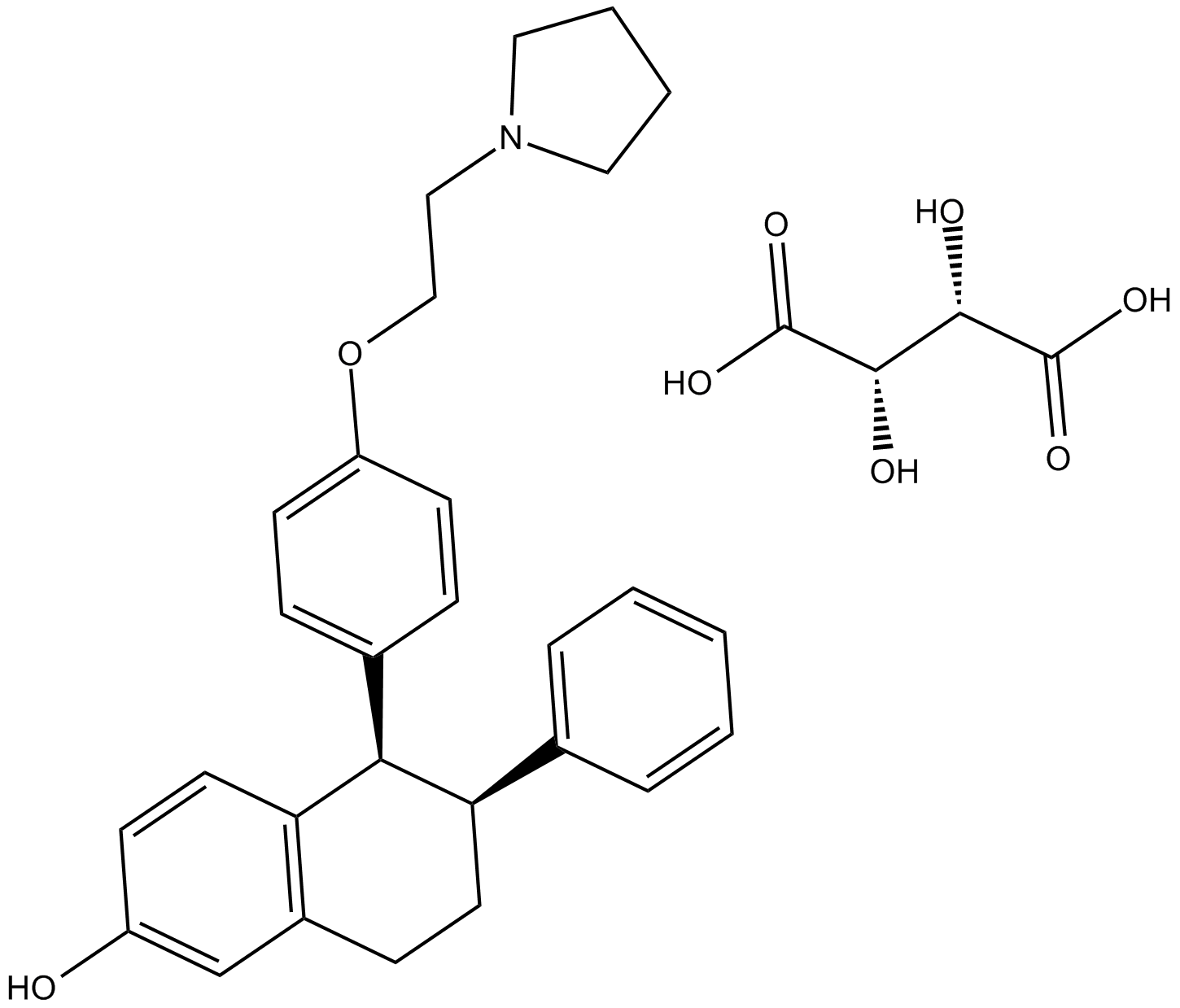 C5637 Lasofoxifene (tartrate)Summary: third-generation, non-steroidal selective estrogen receptor modulator (SERM)
C5637 Lasofoxifene (tartrate)Summary: third-generation, non-steroidal selective estrogen receptor modulator (SERM) -
 A1121 Melanocyte stimulating hormone release inhibiting factorSummary: MSH release-inhibiting factor
A1121 Melanocyte stimulating hormone release inhibiting factorSummary: MSH release-inhibiting factor -
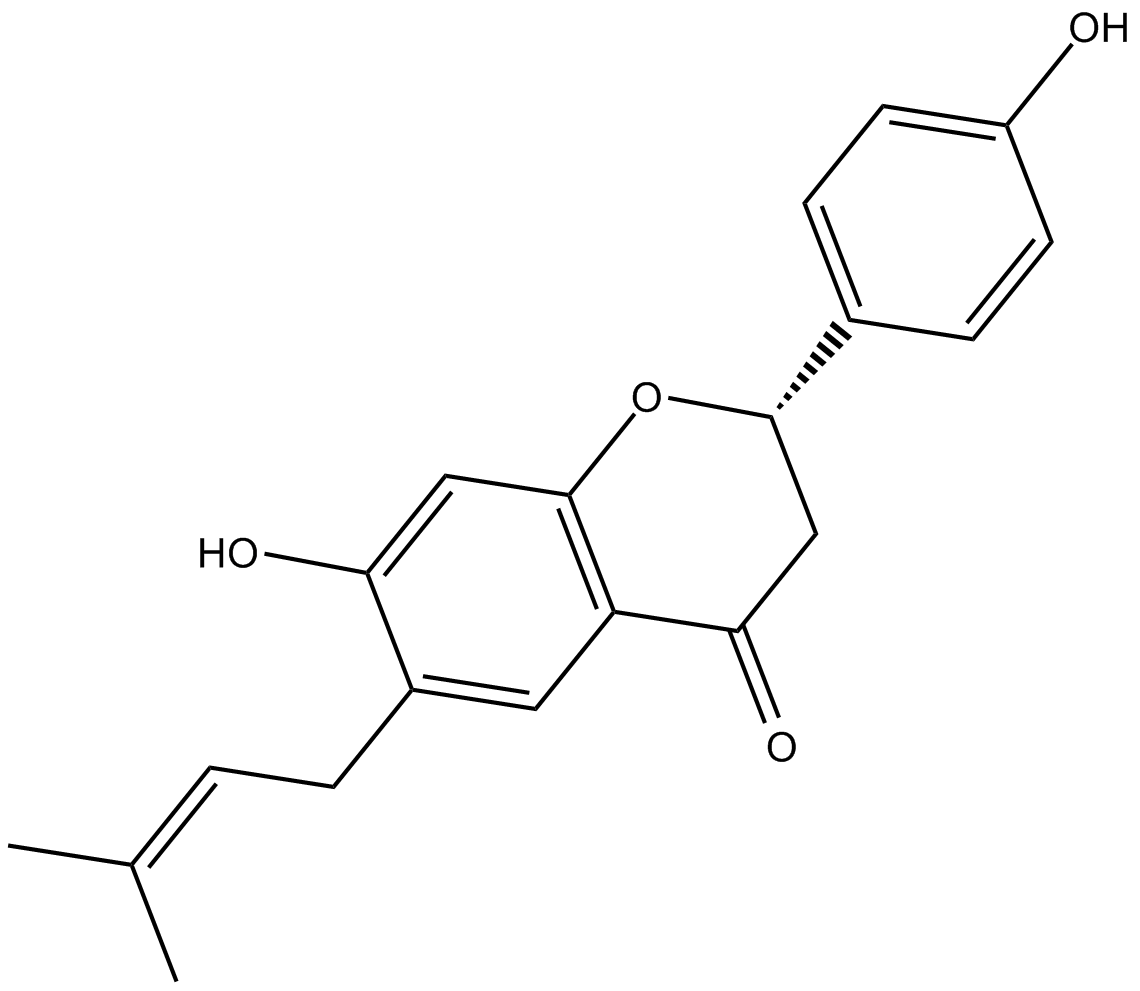 C4895 BavachinSummary: estrogen receptors ERα and ERβ activator
C4895 BavachinSummary: estrogen receptors ERα and ERβ activator -
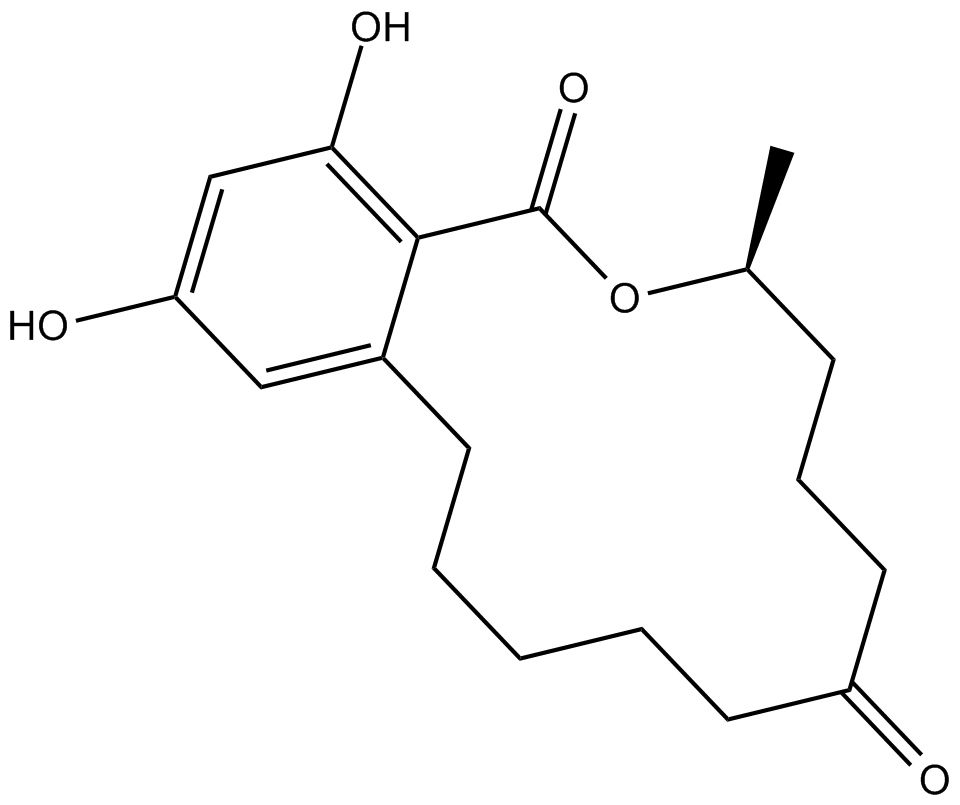 C5537 ZearalanoneSummary: estrogen receptor agonist
C5537 ZearalanoneSummary: estrogen receptor agonist -
 A1055 Angiotensin 1/2 (1-8) amideSummary: Vasoconstrictor
A1055 Angiotensin 1/2 (1-8) amideSummary: Vasoconstrictor -
 A1056 Angiotensin 1/2 + A (2 - 8)Summary: Vasoconstrictor
A1056 Angiotensin 1/2 + A (2 - 8)Summary: Vasoconstrictor -
![parathyroid hormone (7-34) [Homo sapiens]/[Macaca fascicularis]](/pub/media/prod_images/a/1/a1084.png) A1084 parathyroid hormone (7-34) [Homo sapiens]/[Macaca fascicularis]Summary: Enhancer of blood calcium level
A1084 parathyroid hormone (7-34) [Homo sapiens]/[Macaca fascicularis]Summary: Enhancer of blood calcium level -
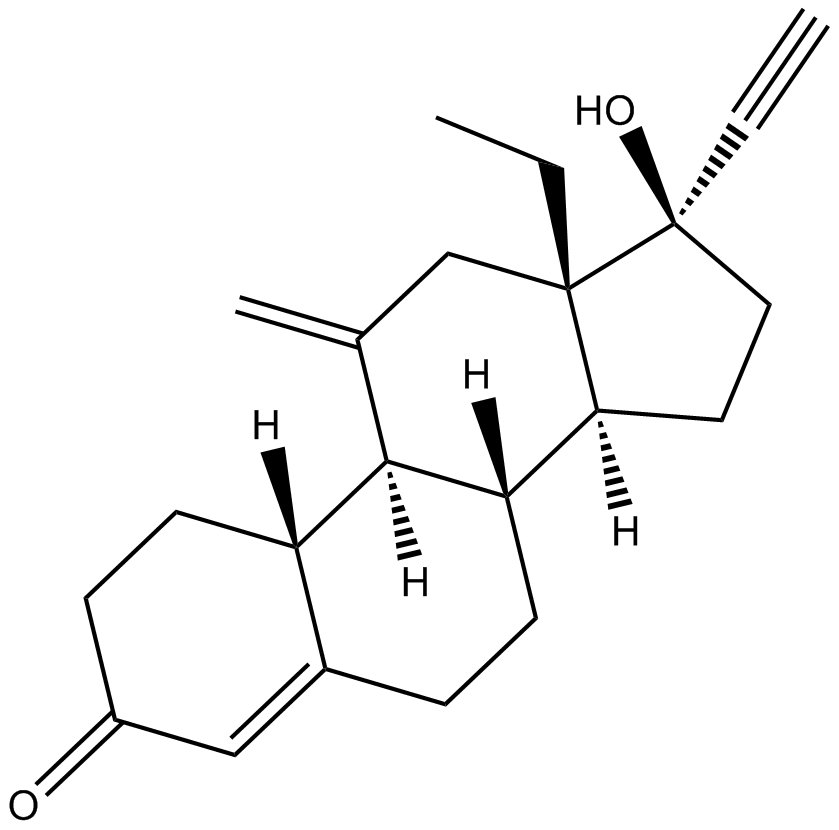 B3470 EtonogestrelTarget: Progesterone ReceptorsSummary: steroidal progestin
B3470 EtonogestrelTarget: Progesterone ReceptorsSummary: steroidal progestin -
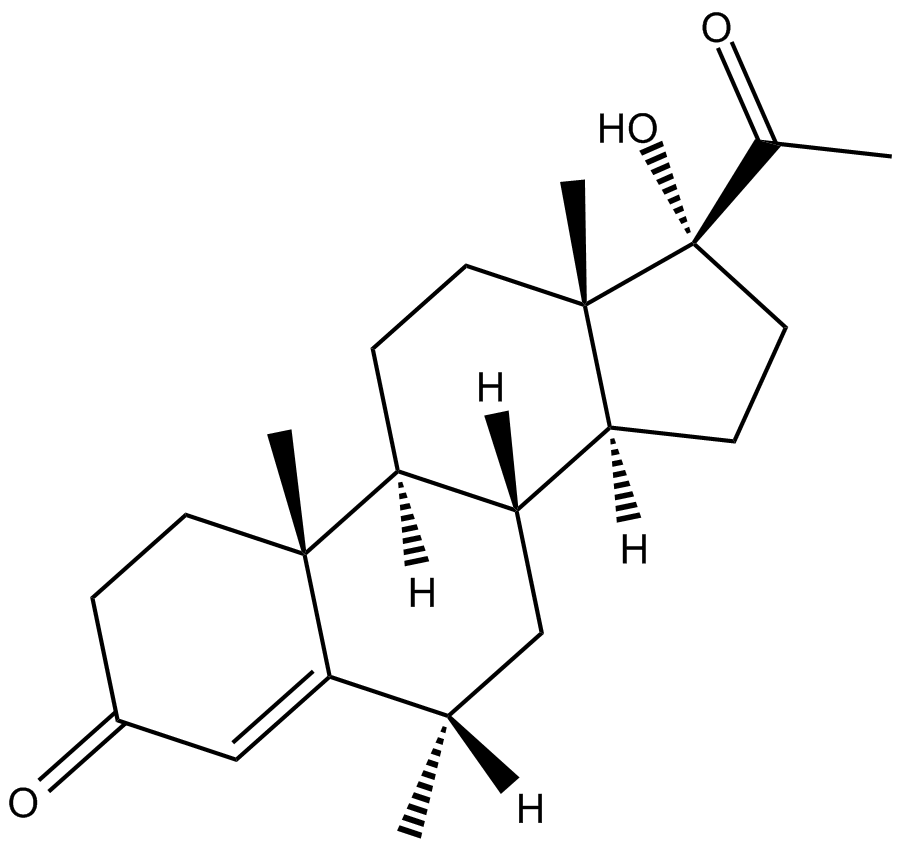 B3471 MedroxyprogesteroneTarget: Progesterone ReceptorsSummary: potent progesterone receptor agonist
B3471 MedroxyprogesteroneTarget: Progesterone ReceptorsSummary: potent progesterone receptor agonist -
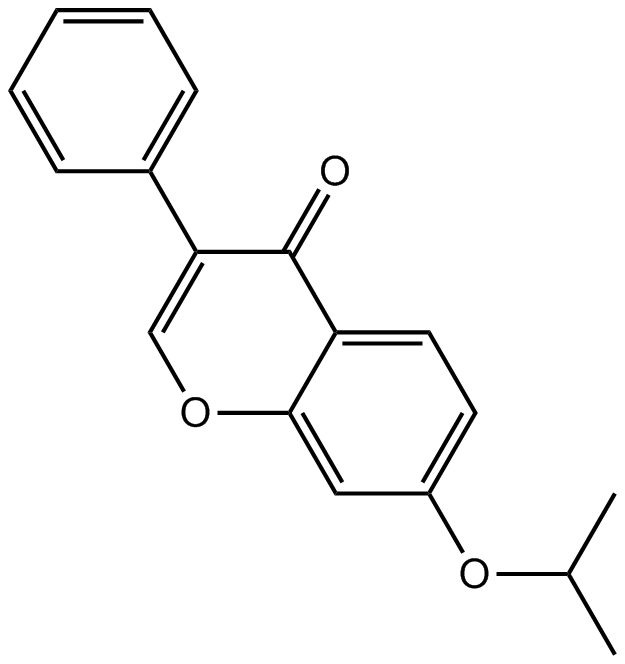 B3673 Ipriflavone (Osteofix)Summary: bone resorption inhibitor
B3673 Ipriflavone (Osteofix)Summary: bone resorption inhibitor


